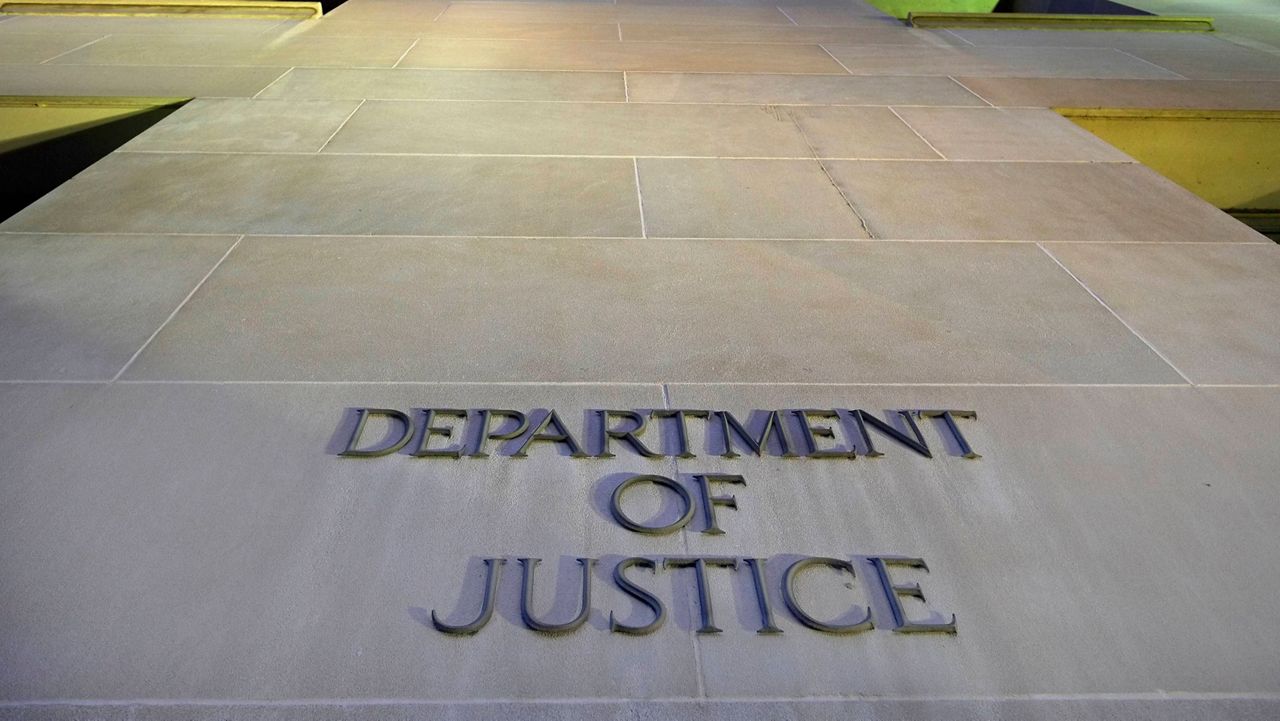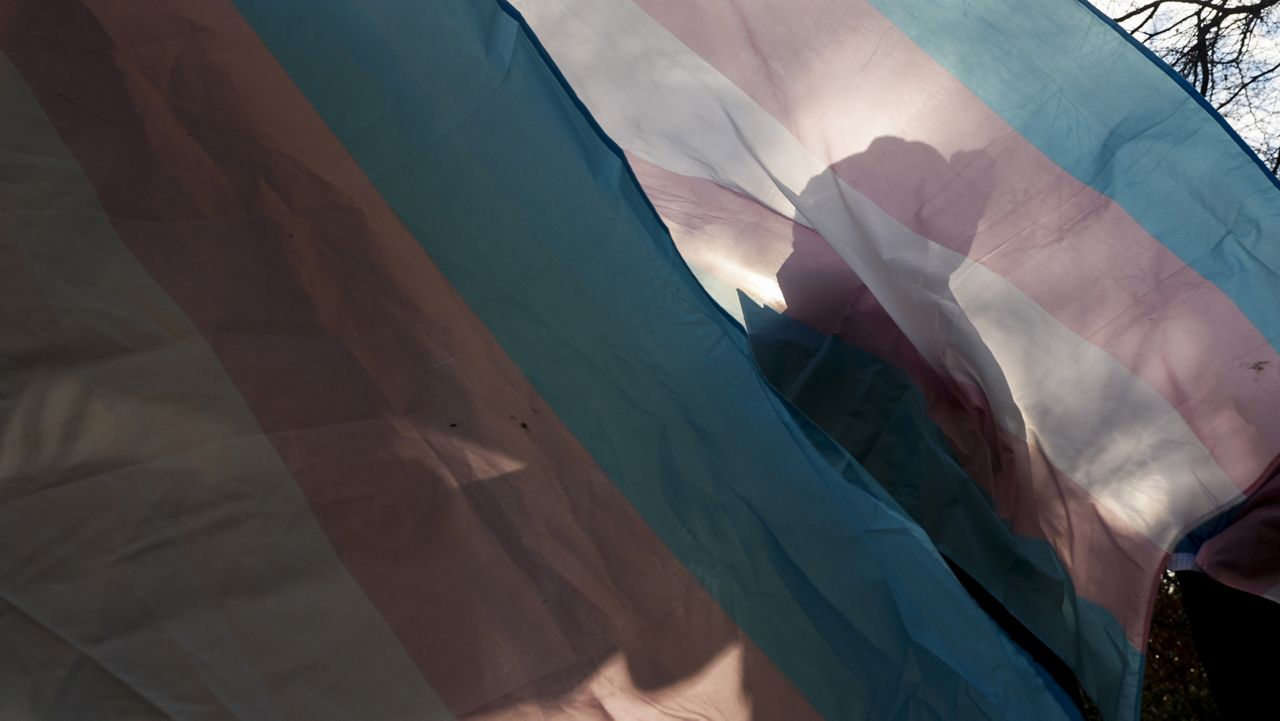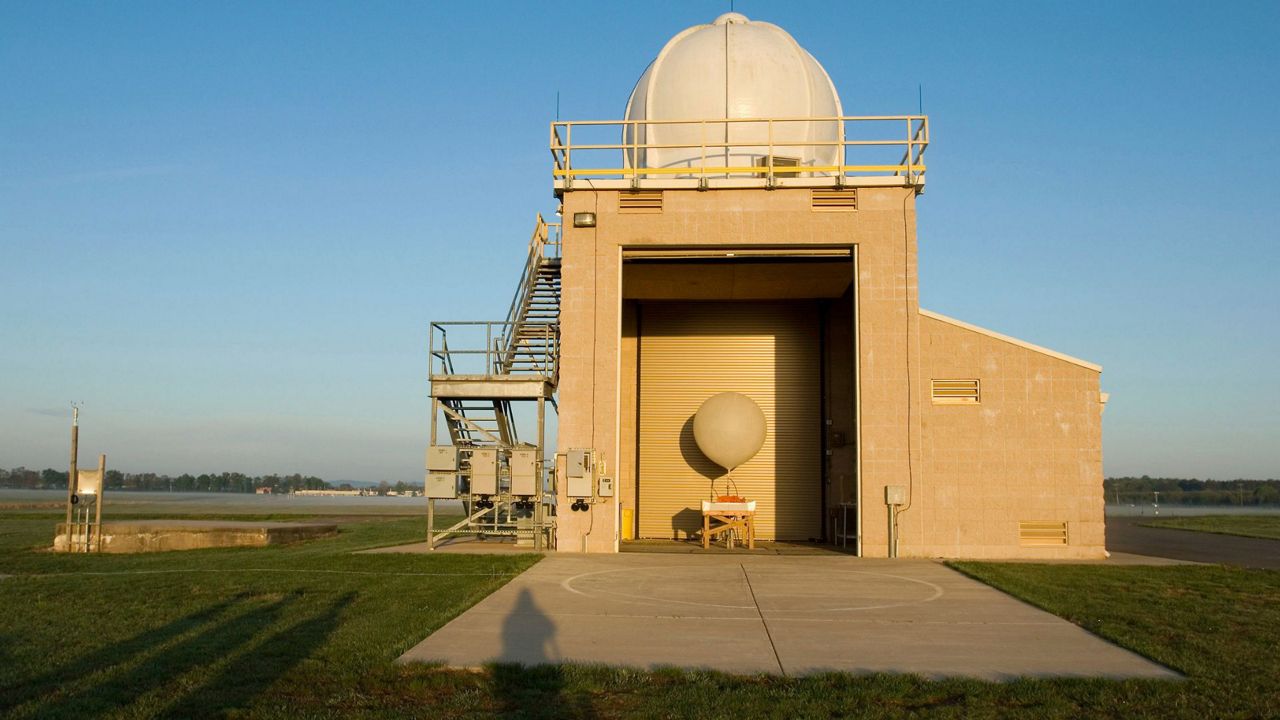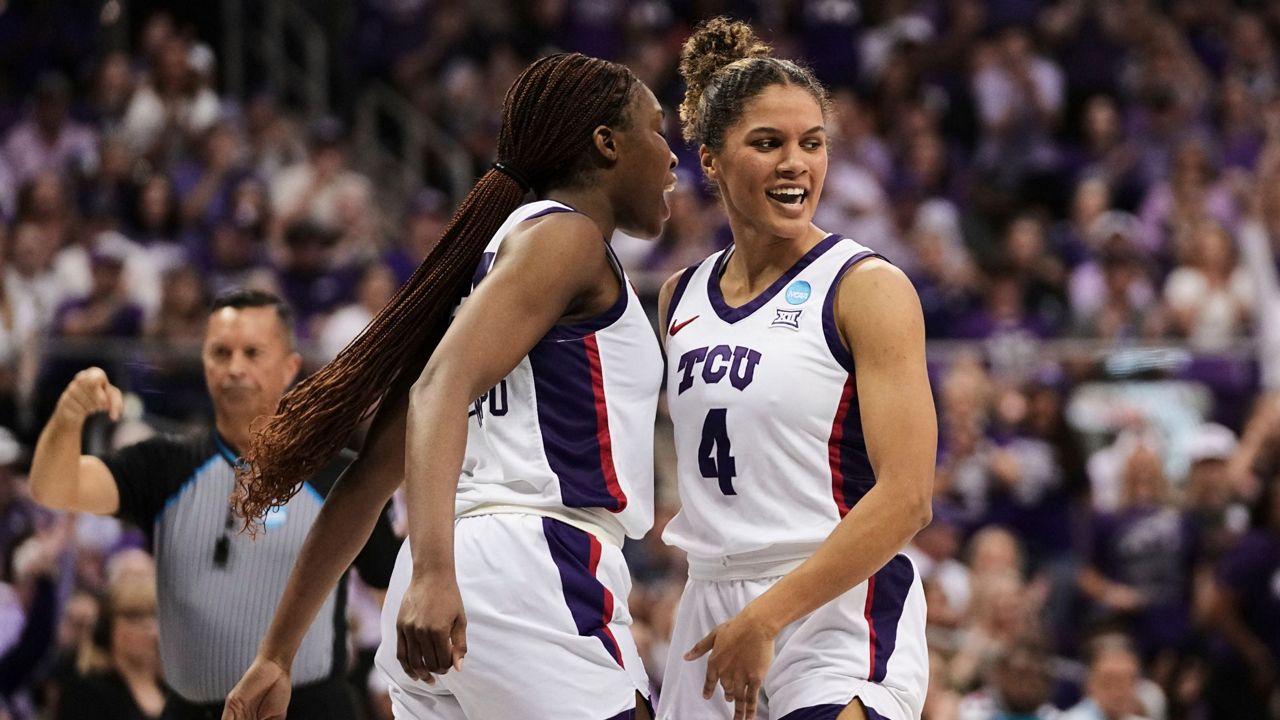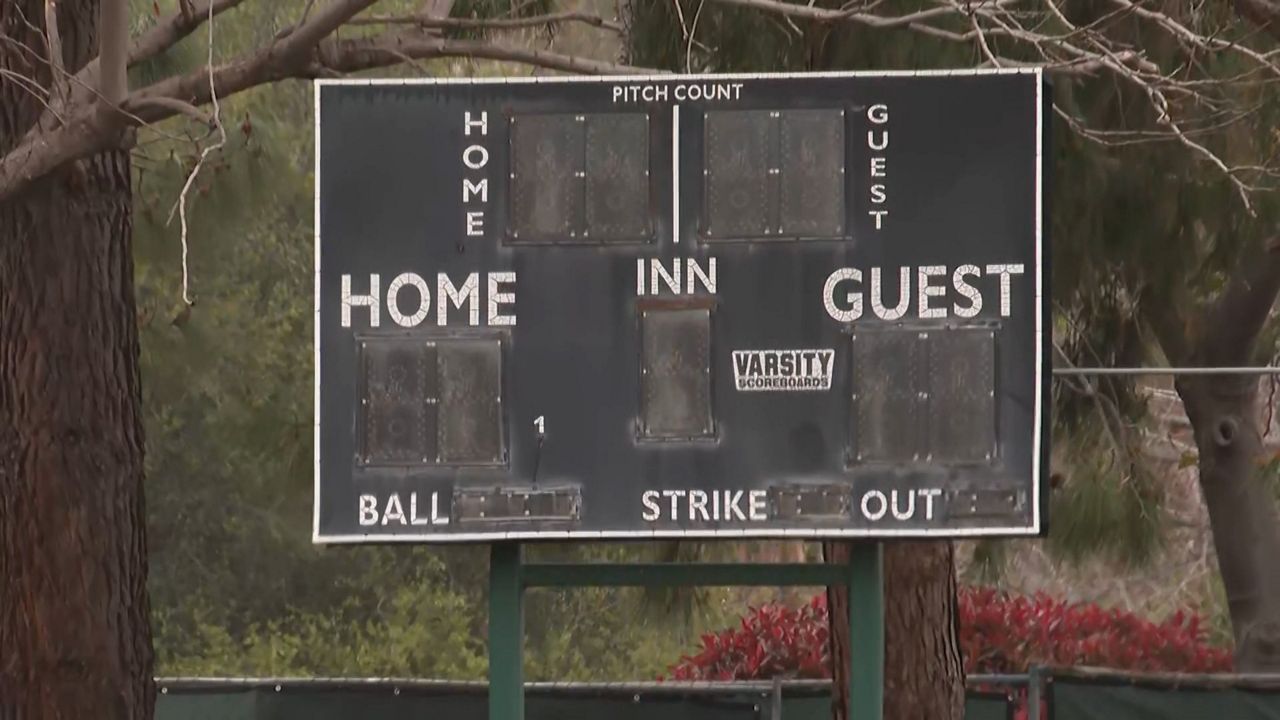SACRAMENTO, Calif. — California voters will decide this election if the state should boost its minimum wage to $18 an hour, which is two dollars more than the current minimum wage.
What You Need To Know
- Proposition 32 is one of the 10 initiatives that California voters will weigh in on when they get their ballots
- The current minimum wage in California is $16 an hour
- Opponents say this will negatively impact small business and will lead to layoffs and higher prices
- If Prop. 32 is approved by voters, the minimum wage will increase to $17 for the rest of the year and would increase to $18 in 2025
Proposition 32 is one of the 10 initiatives that voters will weigh in on when they get their ballots.
As a minimum wage employee, Lola Henderson says a few extra hundred dollars in her paycheck would make a difference.
“It would help a lot because gas prices are crazy,” said Henderson.
Henderson has a human services degree and currently works with seniors and disabled adults as in-home supportive service provider.
“I know when I went into this field it doesn’t make a whole lot of money, but come on, let’s give people a break, you know? I mean, a couple more dollars would really help,” Henderson noted.
The Sacramento resident says she used to make $20 an hour but got laid off from her previous job because of a disability. Henderson and her husband recently became homeless and are living out of their car.
If the minimum wage in California increases, she believes her husband could work fewer hours to take care of his health.
“He has stage 4 liver disease — end of liver disease. I know he shouldn’t be working, but he’s doing it just so we can make it,” said Henderson.
Joe Sandberg, a Los Angeles investor and anti-poverty advocate, filed the initiative to get Prop. 32 on the ballot.
“Many working Californians, including essential workers, parents and seniors, have full-time jobs yet struggle to make ends meet. The minimum wage has not kept pace with the cost of living and is worth less today than it was 50 years ago,” Sandberg wrote when he first attempted to get the imitative on the ballot in 2022.
The National Federation of Independent Business is one of the main groups opposing Prop. 32.
“The minimum wage employees get a small bump in the short term, but what they’re going to find in those workplaces, as we are finding in California, are layoffs, people raising prices, less people walking through that door,” said John Kabateck, NFIB’s state director.
Kabateck says raising the minimum wage will hurt small business and impact consumers in the long run.
He points to California raising the minimum wage to $20 an hour for fast food workers as an example of what could happen to other industries.
“We’re already seeing the horrible effects of that. We’ve seen nearly 9,500 people laid off, we’ve seen about an 8% increase on average with fast-food restaurants, and we’re also seeing in most business — moving to kiosks, robotics, things like that,” explained Kabateck.
Stanford University’s Hoover Institution found that between last fall and the start of this year, fast-food restaurants cut nearly 10,000 jobs.
A recent U.C Berkeley IGS poll found that if the election were held today, 52% of voters would support Prop. 32, 34% would vote no, and 14% are undecided.
Henderson would eventually like to see the minimum wage raised to $20 an hour, but says $18 would be a good start.
If Prop. 32 is successful in November, the minimum wage will increase to $17 for the rest of the year and would increase to $18 in 2025.
Businesses with 25 or fewer employees would be required to pay $17 an hour in 2025 and $18 in 2026.








